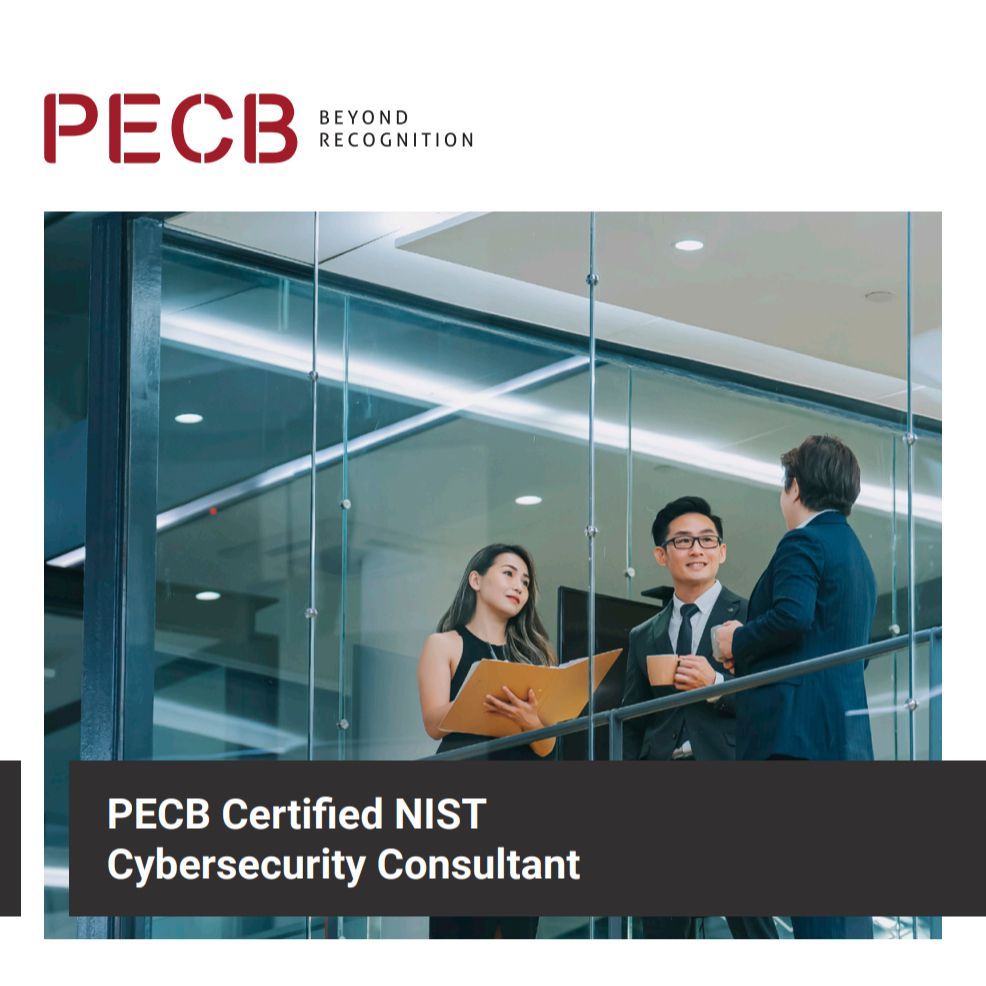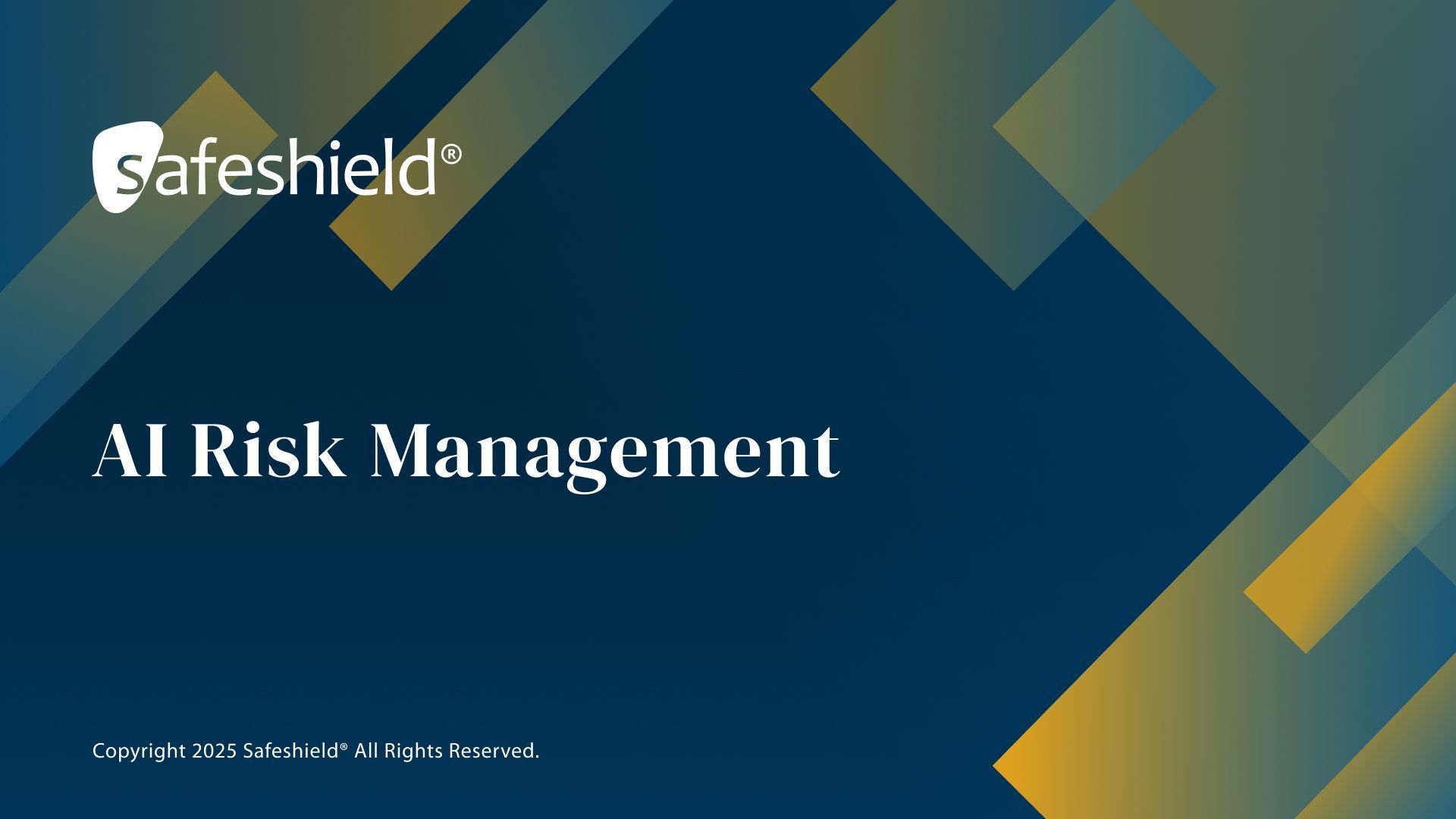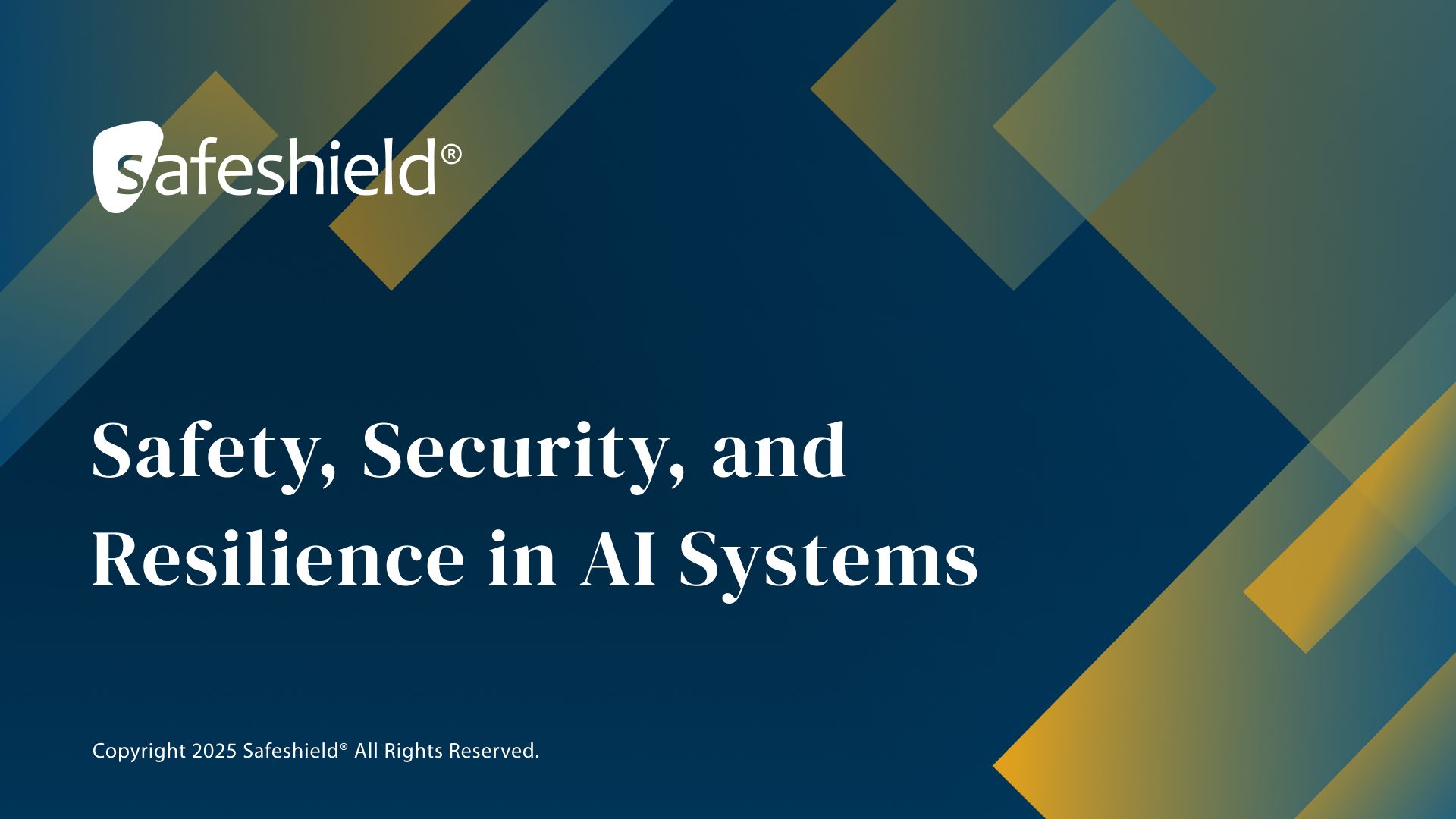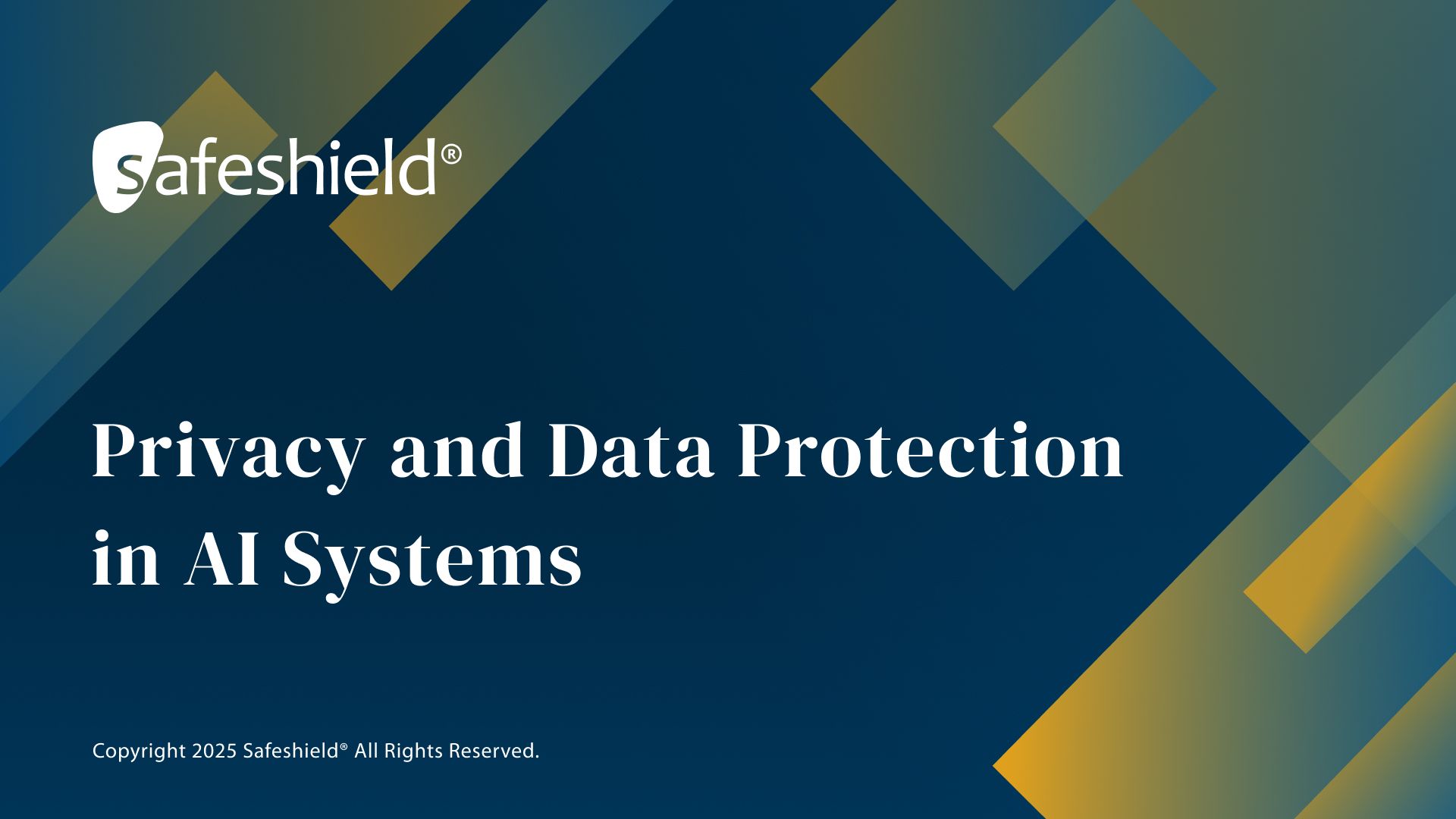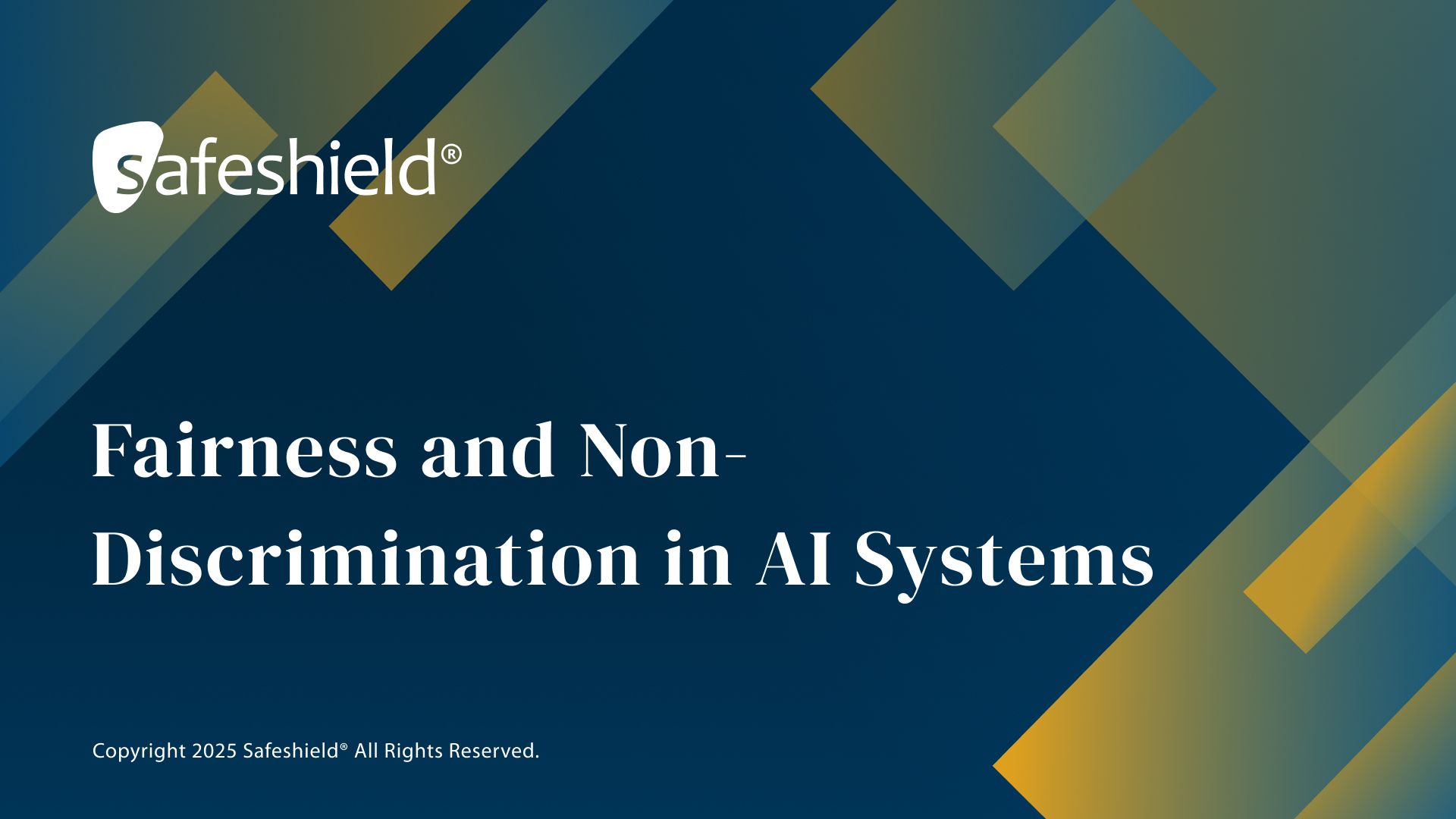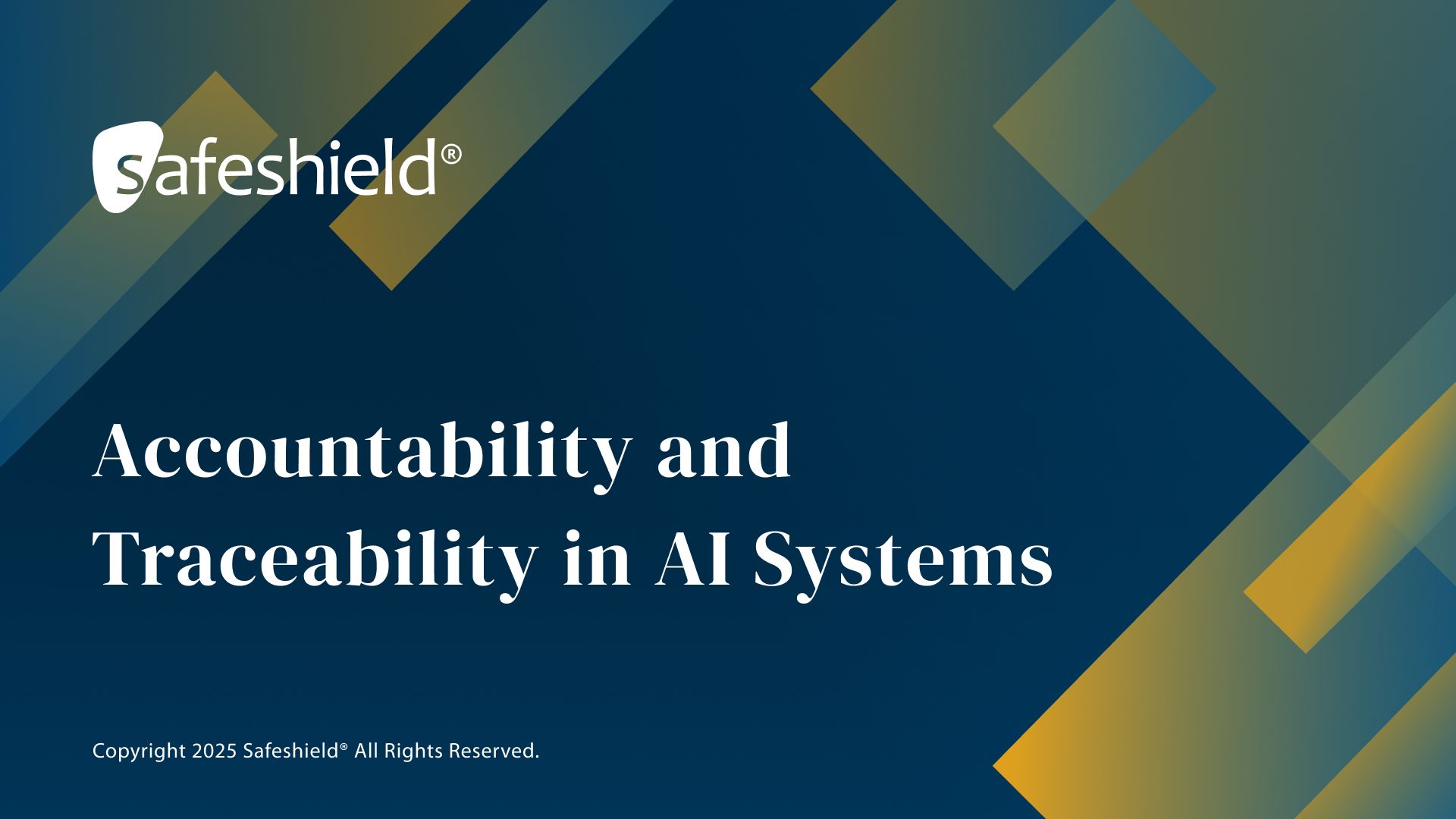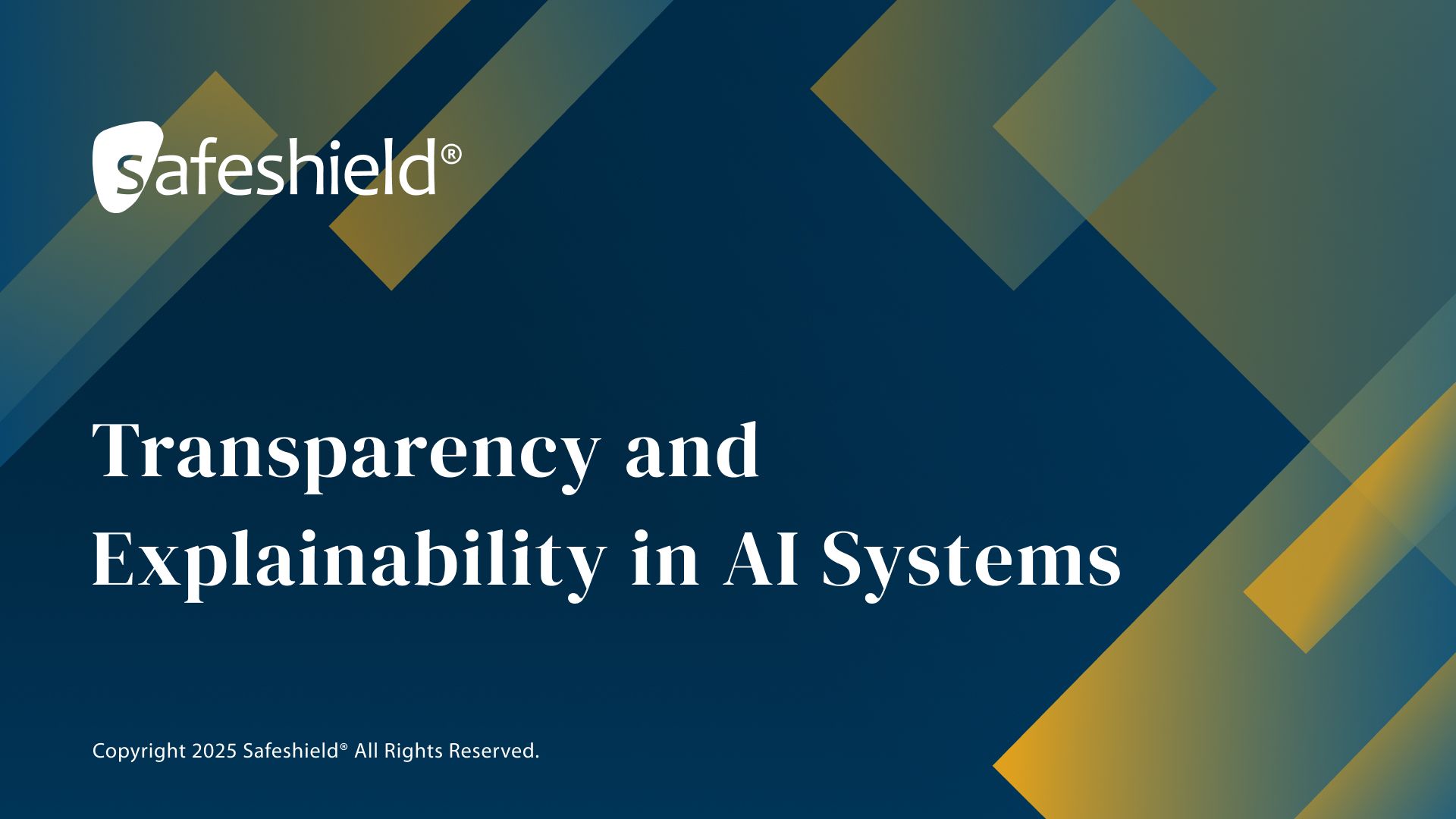NIST Cybersecurity Consultant
Is this a Certification Course? Yes, this is a certification course. Certification and examination fees are included in the price of the training course.
Delivery Model: Self-Study
Exam Duration: 3 Hours
Retake Exam: You can retake the exam once within one year
This is a self-study course.
Looking for an instructor-led online course? Click Here
Price: US$ 795 / CAD$ 1095
The Certified NIST Cybersecurity Consultant training course equips participants with the essential knowledge and skills required for cybersecurity compliance and resilience, based on NIST publications. It covers key NIST publications, including NIST SP 800-12 for information security fundamentals and best practices and NIST SP 800-53 for implementing security and privacy controls for information systems and organizations.
This training course also covers the NIST risk management framework, guiding participants through the strategic management of cybersecurity risks. Additionally, participants can learn about NIST SP 800-171, focusing on protecting Controlled Unclassified Information in non-federal systems and organizations.
The course introduces the NIST Cybersecurity Framework’s core functions—Identify, Protect, Detect, Respond, and Recover— to effectively enhance an organization’s cybersecurity posture.
Why should you attend?
In today’s increasingly digital world, organizations face growing challenges in securing their information systems and ensuring compliance with regulatory standards. NIST publications such as NIST SP 800-12, NIST SP 800-53, NIST RMF, NIST SP 800-171, and the NIST Cybersecurity Framework offer comprehensive guidelines and best practices for establishing robust cybersecurity measures. Implementing these frameworks helps organizations enhance their cybersecurity posture, manage risks effectively, and maintain compliance with federal requirements.
Through in-depth guidance on NIST publications, participants learn to tackle complex security challenges, applying frameworks to build robust cybersecurity programs that align with organizational goals.
Upon completing the course, participants will be eligible to take the exam. Those who pass the exam will be awarded the globally recognized "PECB Certified NIST Cybersecurity Consultant" credential.
Who should attend?
This training course is intended for:
• Executives or directors responsible for overseeing cybersecurity initiatives within their organizations
• System administrators and network engineers seeking a deeper understanding of security controls and risk management processes to adhere to NIST security standards
• Professionals involved in the development and implementation of cybersecurity programs
• Consultants and advisors who provide cybersecurity and compliance services
• Digital forensics and cybercrime investigators who need to understand the technical and regulatory aspects of cybersecurity frameworks to investigate and respond to security incidents comprehensively
• Individuals working in cybersecurity or information security who aim to enhance their understanding of NIST guidelines and develop practical skills in managing cybersecurity risks
Learning objectives
Upon completion of this training course, participants will be able to:
• Discuss fundamental cybersecurity principles and concepts, including confidentiality, integrity, and availability, and how these principles are applied to protect information systems
• Explain key NIST publications, including NIST SP 800-12, NIST SP 800-53, the Risk Management Framework, NIST SP 800-171, and the NIST Cybersecurity Framework, and apply their guidance and requirements
• Implement a process to effectively monitor, assess, and manage security controls based on NIST publications
• Apply structured risk management techniques to identify, assess, and prioritize cybersecurity risks
• Develop risk mitigation strategies and implement risk treatment plans that align with NIST’s risk management recommendations, ensuring a balanced approach to risk reduction and resource allocation
• Design a cybersecurity program that aligns with the organization’s strategic goals and addresses specific security requirements
Educational approach
This training course:
• Integrates theoretical knowledge of NIST publication, including NIST SP 800-12, NIST SP 800-53, NIST RMF, NIST SP 800-171, and the NIST Cybersecurity Framework, alongside best practices in cybersecurity and risk management
• Covers the application of risk management processes outlined in the NIST Risk Management Framework, providing techniques for effective risk assessment and mitigation
• Emphasizes the development of a comprehensive System Security Plan to document cybersecurity requirements
• Guides participants on utilizing the NIST Cybersecurity Framework to build and maintain a cybersecurity program
• Facilitates thorough preparation for certification through scenario-based quizzes that simulate the format and complexity of certification exams
• Prepares participants to manage contingencies and disasters by implementing comprehensive strategies that ensure the continuity of organizational operations
Prerequisites
The main requirement for participating in this training course is having a fundamental understanding of cybersecurity principles and frameworks.
Course Content
Part 1: Introduction to NIST cybersecurity standards and principles
Part 2: Risk management strategy and supply chain risk management
Part 3: Selecting security controls, awareness and training, and continuous monitoring
Part 4: Cybersecurity incident management
Part 5: Certification exam
Examination
The “Certified NIST Cybersecurity Consultant” exam meets the requirements of the PECB Examination and Certification Program (ECP). It covers the following competency domains:
Domain 1: Fundamental principles and concepts of cybersecurity
Domain 2: Planning an organizational strategy in cybersecurity
Domain 3: Implementing a cybersecurity program and security controls
Domain 4: Cybersecurity incident management
Domain 5: Cybersecurity incident response
For specific information about exam types, languages available, and other details, please visit the List of PECB Exams and the Examination Rules and Policies.
Certification
After successfully passing the exam, participants can apply for one of the credentials shown in the table below. Participants will receive the certificate once they comply with all the requirements related to the selected credential.
The requirements for PECB Certified NIST Cybersecurity Consultant certifications are as follows:
To be considered valid, these activities should follow best cybersecurity management practices and include the following:
Assisting in applying the NIST guidelines and controls
Providing guidance on incident response and crisis management in accordance with NIST guidelines
Designing security awareness and training programs to educate employees about cybersecurity risks, compliance requirements, and best practices recommended by NIST
Establishing mechanisms to monitor security controls and processes, including regular reviews and assessments
Conducting thorough risk assessments using the NIST Risk Management Framework to identify and prioritize cybersecurity risks
General information
Certification and examination fees are included in the price of the training course.
Participants will be provided with the training course material containing over 450 pages of explanatory information, examples, best practices, exercises, and quizzes.
An attestation of course completion worth 31 CPD (Continuing Professional Development) credits will be issued to participants who have attended the training course.
In case you fail the exam, you are eligible to retake the exam within a 12-month period from the date the coupon code is received.
Price: US$ 795 / CAD$ 1095


